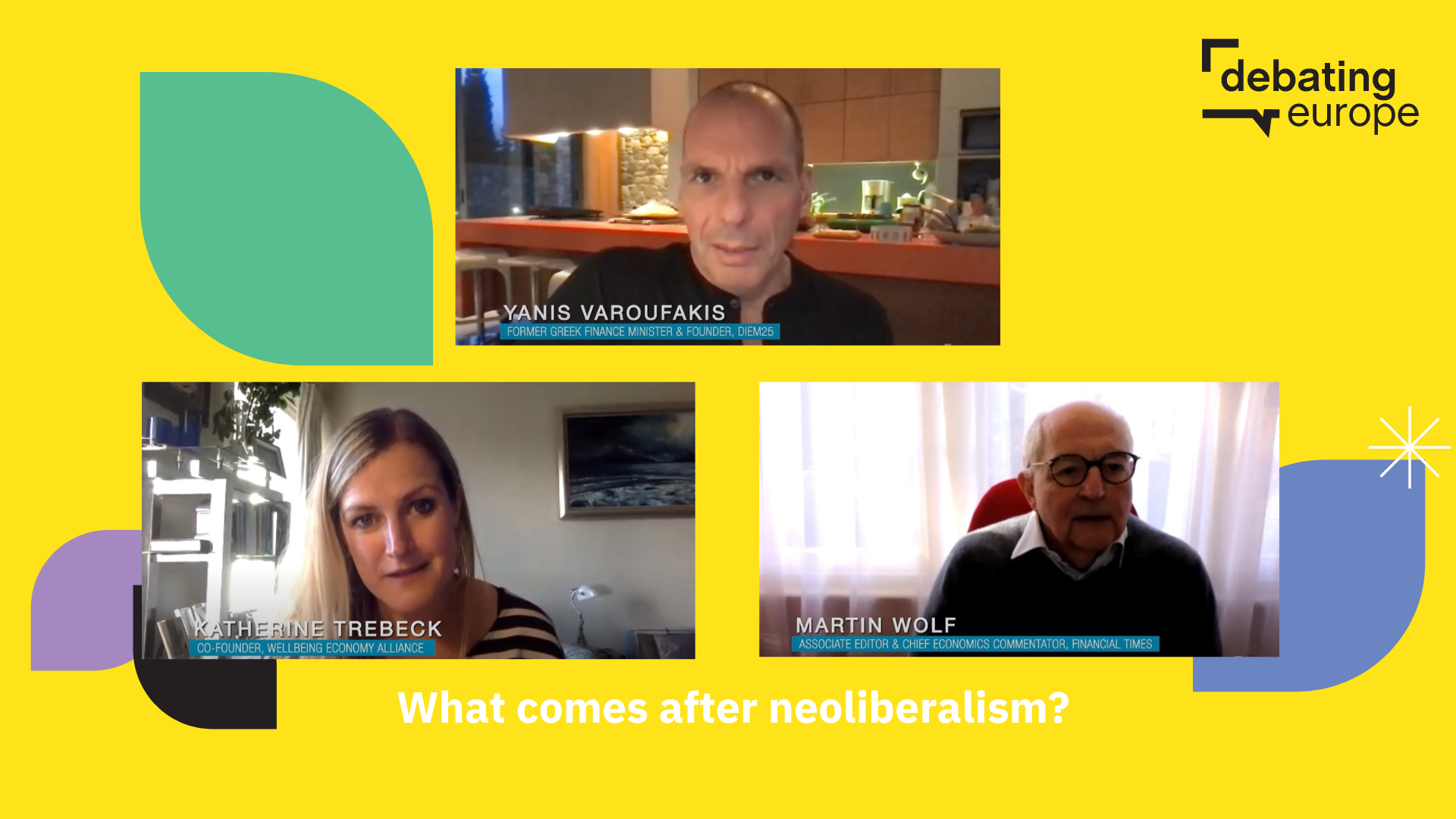Events
What comes after neoliberalism?

Is neoliberalism finished? Neoliberalism was a political and intellectual project whose origins lay in the 1930s and 1940s, originally championed by a group of economists and philosophers, including Friedrich Hayek, Milton Friedman and Ludwig von Mises. It aimed to revise and revitalise (hence the prefix ‘neo-’) classical liberal ideas about how the economy and society should be structured.
Few economists self-identify as neoliberals today. Indeed, the term ‘neoliberalism’ is highly contested and is more often used as a pejorative. Nevertheless, the cultural theorist Stuart Hall reasonably suggested there may be “enough common features to warrant giving it a provisional conceptual identity”. In fact, we ran a debate on neoliberalism back in 2015, and asked two academic experts (Mark Pennington and Thomas Biebricher) to give us a definition.
To get a sense whether the financial crisis and pandemic have fatally undermined neoliberalism (we recorded these interviews before Russia’s war in Ukraine) we spoke to:
- Yanis Varoufakis, Former Greek Finance Minister & Founder, DiEM25
- Katherine Trebeck, Co-Founder, Wellbeing Economy Alliance
- Martin Wolf, Associate Editor & Chief Economics Commentator, Financial Times
They responded to comments from Rafal, Yannick, Sarah, Ainhoa and Joshua. You can see their responses in the video above.
What comes after neoliberalism? Can Kate Raworth’s “doughnut model” help set social and environmental limits for capitalism? Should Europe introduce a Universal Basic Income? Can Europe learn from Nordic social democracy and Mondragon co-operatives? Let us know your thoughts and comments in the form below and we’ll take them to policymakers and experts for their reactions!
Image credits: Ukberri.net on Flickr
Funded by the European Union. Views and opinions expressed are however those of the author(s) only and do not necessarily reflect those of the European Union or the European Commission. Neither the European Union nor the granting authority can be held responsible for them.![]()
